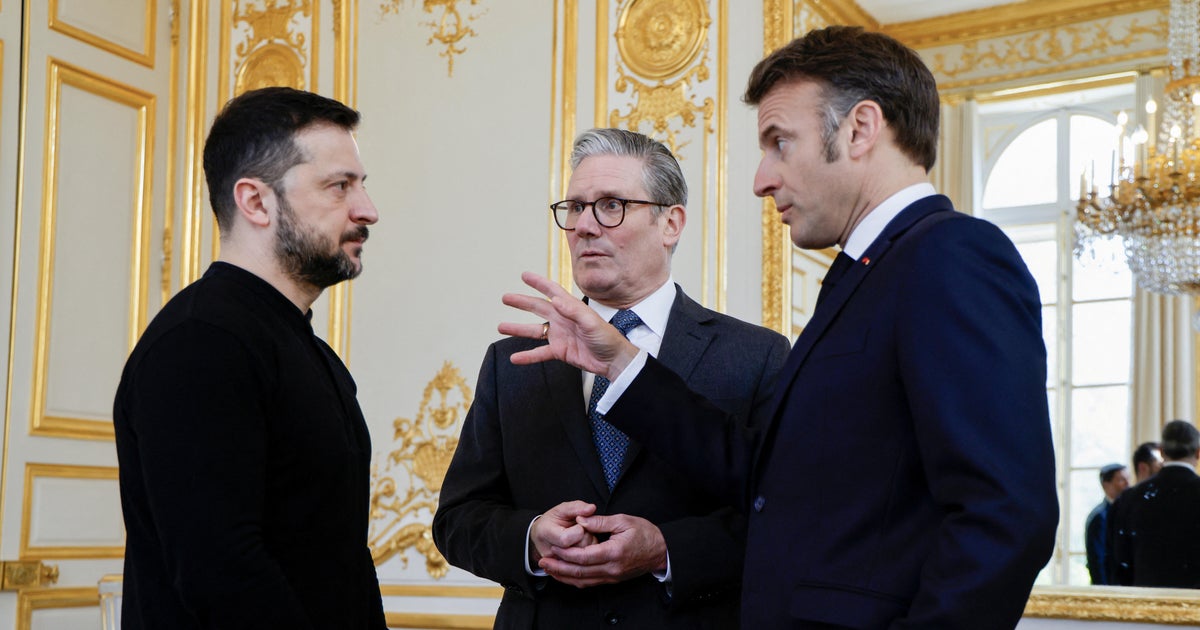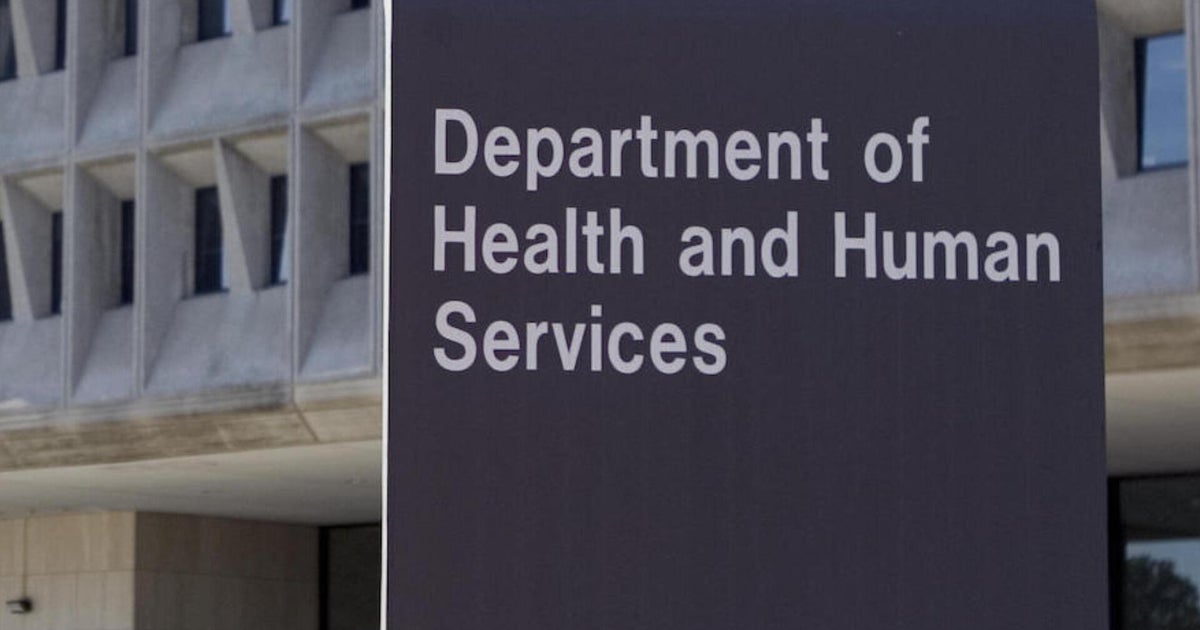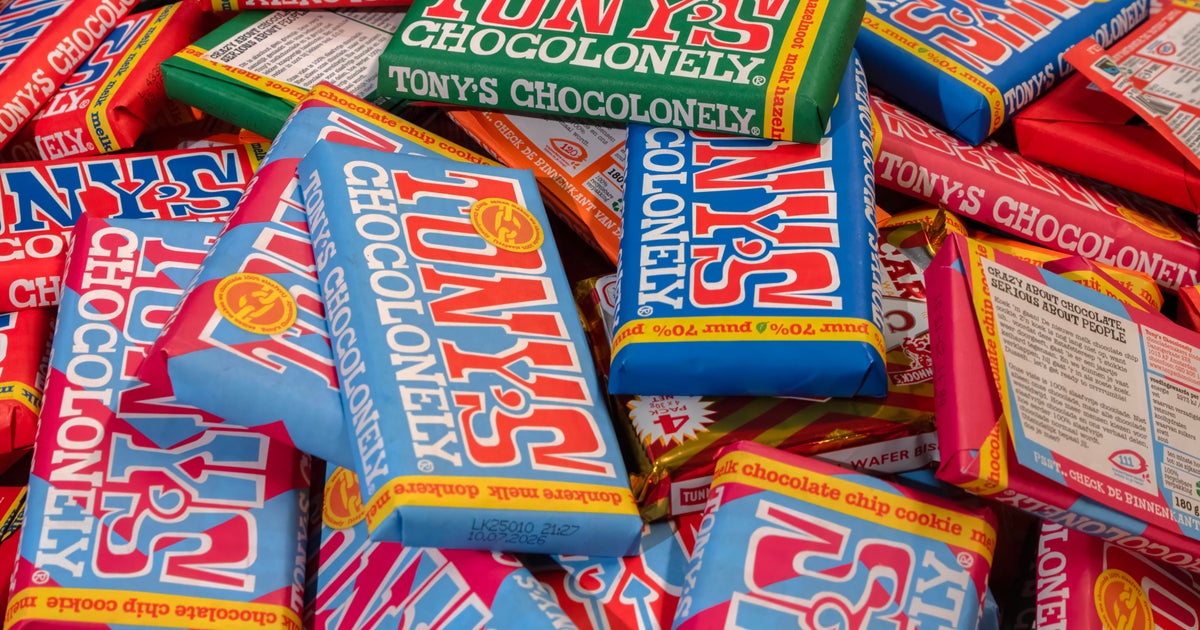London – Dozens of European leaders, propelled by anxiety over an America led by President Trump that they fear can no longer be counted on as the invaluable ally it’s been for three generations, assembled Thursday in Paris to deliberate over ramped-up military support for Ukraine, and security for the continent more broadly in the face of Russian aggression.
The summit hosted by French President Emmanuel Macron was the third major European conference dedicated to the topic of security just this month, following an urgent forum in London and a second just days later in Brussels. The gatherings have been aimed at creating — and showcasing — a so-called “coalition of the willing,” as dubbed by British Prime Minister Keir Starmer, to back Ukraine.
Ahead of Thursday’s talks, Macron spoke side-by-side with Ukraine’s President Volodymyr Zelenskyy at the Elysée Palace, and he declared now the time for a “decisive phase to put an end to the war of aggression” that Russia launched against Ukraine more than three years ago.
Taking the lead on new pledges of support for Kyiv, Macron promised a military aid package worth more than $2 billion, on top of at least $4 billion worth of military support France has already delivered to Ukraine since Russian President Vladimir Putin ordered the full-scale invasion in February 2022.
The new tranche of hardware from France will reportedly include air defense systems, missiles for French-made Mirage fighter jets, anti-tank missiles and other equipment.
The talks on Thursday were expected to focus on securing more of that kind of military support.
The leaders were also expected to focus on how to monitor the Black Sea ceasefire agreement announced Tuesday by the White House, which the Trump administration said both Russia and Ukraine had agreed to. The details of the agreement remain vague, however, and Russia issued further terms it said would have to be met before it puts the deal into effect.
The possibility of European soldiers deploying inside Ukraine, for what Macron has called a “reassurance force,” if a broader ceasefire is reached was also on the agenda in Paris. Such a force would theoretically serve as a security guarantee for Ukraine against Russian violations of a truce, but Moscow has repeatedly said it will not agree to any European forces deploying in Ukraine.
Macron acknowledged that even among the 31 delegations meeting in Paris on Thursday there was not unanimous backing for a peacekeeping force in Ukraine, but he reiterated that France and Britain, at least, remained committed to the prospect.
Macron said before the gathering that Moscow must agree to a full 30-day ceasefire — something President Trump had sought and that Kyiv backed — “without preconditions.”
Russia has never clearly agreed, even in principle, to a full ceasefire on land, air and sea, unless its steep demands for Ukraine to essentially be disarmed and to give up occupied territory are met — terms that Kyiv and its European partners flatly reject.
Secretary of State Marco Rubio, speaking during a visit to Jamaica on Wednesday, said Washington was evaluating demands made by Moscow for certain financial sanctions to be lifted before it will implement its side of the Black Sea ceasefire agreement.
EU leadership in Brussels pushed back against that demand. The bloc’s governing body, the European Commission, said it would not consider lifting its sanctions on Russia until Putin pulls all of his troops from Ukraine. The EU said that withdrawal had to be “unconditional.”
Speaking after the meeting in Paris on Thursday, Zelenskyy thanked Starmer and Macron and said “everybody” at the summit understood that Russia does not want “any kind of peace,” and that they need to keep pressure on Moscow.
“No lifting of any kind of sanctions until Russia will stop this war,” he said. “And I think more pressure on it, more packages of sanctions, this is important.”
Starmer said he believed, despite Mr. Trump’s previous remarks that he trusts Putin to stick to any commitments he makes, that Russia is “playing games.”
Macron did extend an olive branch to Washington, saying Thursday that he still considered the U.S. a “reliable ally,” but adding that Europe would “hope for the best, and prepare for the worst.”
Macron spoke with President Trump on Wednesday night, he was expected to check back in with the U.S. leader again on Thursday. Senior officials in France have told CBS News correspondent Elaine Cobbe that is not unusual — they say the two leaders speak every couple of days, enjoying an easy and open dialogue to keep each other up to date.
In an interview broadcast around Europe on Wednesday evening, the Ukrainian leader said he hoped “America is going to stand strong, and be strong and not bend to the conditions of the Russians.”
“We stand on our land, we’re defending it now, and our resilience — we have shown our resilience to everyone, and now it’s very important that our partners would be resilient and strong, at least at the minimum, as we are,” he said.
When asked if he believed the Trump administration would “stay strong” against RussiaZelenskyy replied: “I hope so, I hope so. God bless, they will.”
During the interview, which had the Eiffel Tower illuminated in his nation’s blue and yellow as a backdrop, Zelenskyy praised Europe, saying the continent “has discipline, and Europe has no chaos.”
It appeared to be a loosely veiled suggestion that the U.S., conversely, does not have those things under President Trump.




